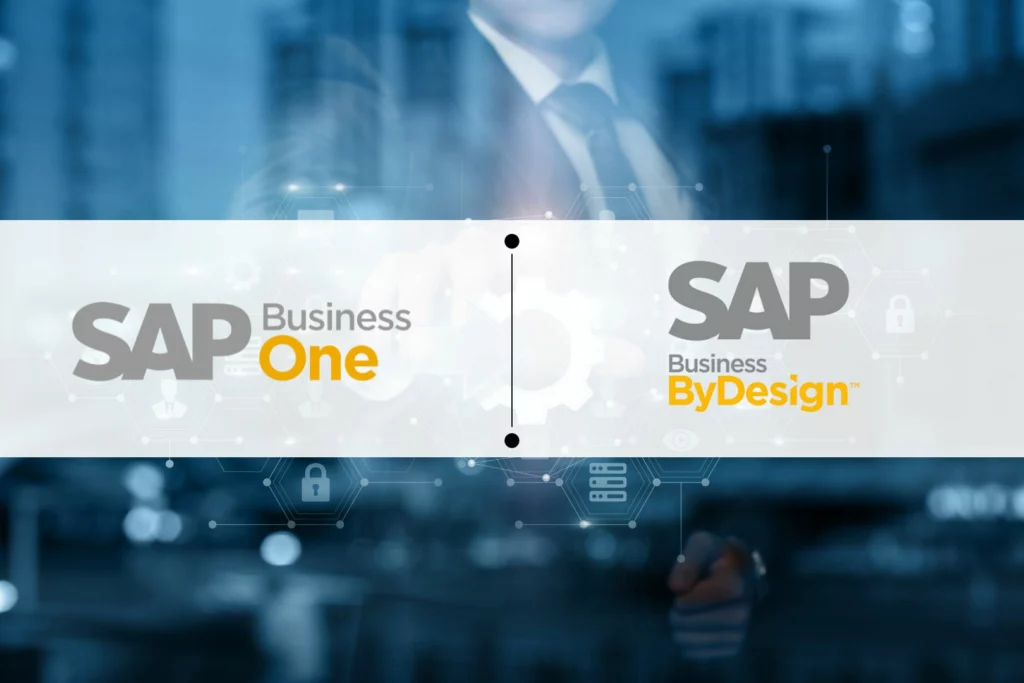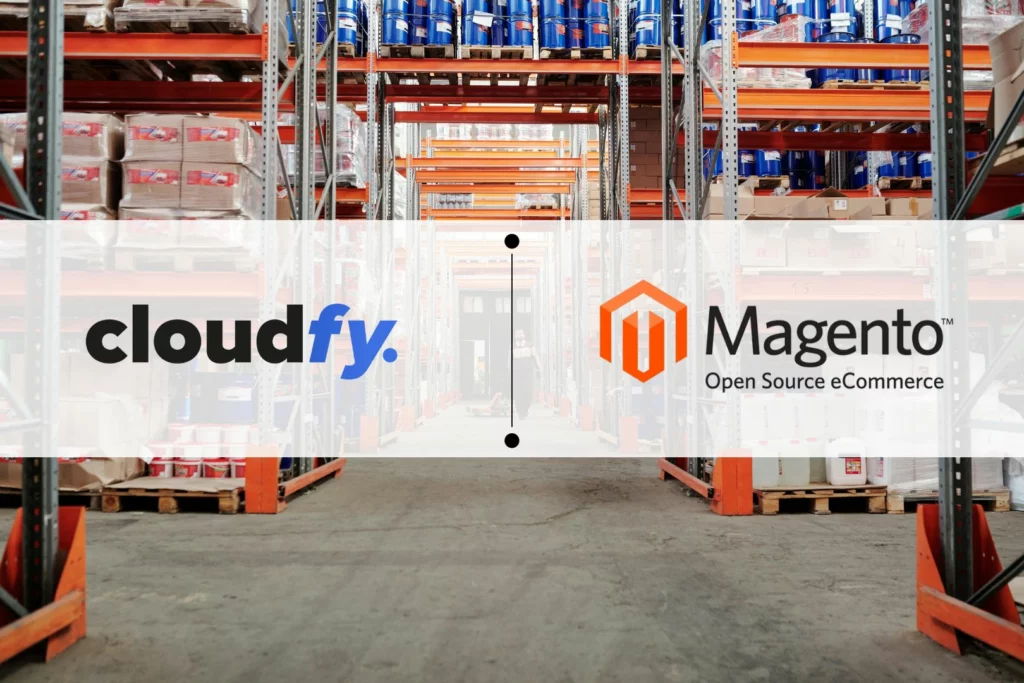Enterprise resource planning (ERP) solutions can streamline your business to business (B2B) ecommerce finances, drive the use of predictive analytics, and improve strategic planning. However, there’s a wide range of ERP software solutions available, so choosing the best one for your needs can be a challenge.
Gartner says that modern ERP creates a complete ecosystem for your organization including customers and suppliers, partners, competitors and stakeholders. They will often have interchangeable roles and they are all vital for your business success, so you will want the best possible ERP solution.
Unfortunately, there have been some widely publicized ERP failures that have been expensive and time consuming to resolve. In contrast, making a good choice will transform your wholesale ecommerce platform. Here are some steps you can take to help you make your decision with confidence.
Finding the right ERP solution for your B2B ecommerce business
Every organization will have its own unique structure and culture. Both the formal and informal parts of your company will need to be considered as part of the process of choosing an effective and successful ERP solution.
It’s important to recognize the tension the process and decision might cause between your finance and IT departments, for example. Establishing ownership of the process and identifying the key stakeholders is the first important step.
✓ Understand your processes – many business systems and processes evolve over time, so it is risky to assume that you know exactly how they all operate and affect your business. Investing time to review and record your processes will be worthwhile. This can be a stepping-stone to defining how you want things to work in the future and will provide useful background information for potential ERP partners. It’s your opportunity to find new and creative ways of doing things that could give you a competitive advantage.
✓ Review your technology – you are looking for an ERP solution for your whole business, so your existing use of technology will be relevant to your choice. For example, if you use Microsoft office systems you will want to prioritize a compatible ERP.
✓ Assess your data – your data is a valuable business asset but will probably be widely distributed across your organization, used for different purposes, and held in varying formats. One of the ways you can transform your business is by consolidating all of your critical information into a single source of truth.
This is especially important if your business needs real-time insights from your wholesale ecommerce platform including sales and billing along with manufacturing, inventory management, delivery, support, or customer service data.
✓ Evaluate cost of ownership – you will need to understand the pricing structure, development roadmap and potential ongoing costs to have a complete picture of your investment. This will include initial implementation costs but could also involve hardware upgrades, training, additional in-house resources, and software maintenance.
✓ Plan implementation – as well as the cost of implementation you will also need to consider the time it will take and its impact on your business performance. A detailed project plan involves much more than software installation. It must also include design, migration, testing, user training and final end-user acceptance. By completing your plan before you make your final decision you will have confidence that you understand all the implications.
✓ Define business benefits – you will be taking a long and complicated journey so you will want to know that the results will be worth it. It’s understandable that you will meet resistance to change along the way, so being able to describe clear benefits will help you to achieve overall acceptance. These might include reducing costs and increasing revenue for future security or the ability to scale for growth, for example.
Aim to keep your benefits list simple and high level; your implementation plan can deal with the details. Use it to evaluate your potential suppliers and how they would deliver it in terms of cost, time, complexity, and training.
✓ Consider alternatives – while market leaders like NetSuite, Microsoft Dynamics or SAP could seem like safe choices they might have more functionality than you need. Alternatively, the way they work might not suit your operational requirements. There are many ERP software solutions available with varying functionality and strengths. Your business is unique, so it’s worth looking carefully at the choices available to you.
✓ Take independent advice – the decision will ultimately be yours but it will be worth asking for advice from people who have already been through the process and independent experts. They can give you a helpful and practical perspective on the whole implementation process.
✓ Choose a compatible implementation partner – like most organizations you will probably need outside resources and expertise to implement your chosen ERP solution. You will need to assess how well your provider understands your goals and will fit with your organization’s culture. Look for a partner that has deep industry expertise, who understands your business processes and has a track record of success.
You will also want to be confident that your end users can learn and use your new ERP solution, so find out about templates, online guides, training materials, communities, and forums. Make sure your partner takes user engagement seriously.
Plan for the future
Introducing a new ERP system is a strategic opportunity to use predictive data analytics, simulations and advances like digital twin technology, to anticipate future needs and improve your business performance.
One of the key issues to include in your choice of ERP solution will be how it will make sure your business continues to thrive after implementation.
Most importantly you will want to be sure that your chosen solution will work effectively with your remaining databases, legacy systems, your wholesale ecommerce platform and industry-specific applications such as quality management in manufacturing.
With the recent shift to agile software development there are now low-code or no-code development environments that will allow your business to streamline future operations. In a software as a service (SaaS) environment with frequent updates and enhancements an agile approach to your ERP implementation will give you flexibility as your business grows without affecting your core functionality.
Work with experienced partners
The Cloudfy team has plenty of experience of ERP and wholesale ecommerce platform integration and will be happy to be part of your implementation journey. Cloudfy is a SaaS solution that has been designed from the outset to meet the needs of wholesale ecommerce businesses. It comes with pre-built integrations for many major ERP systems that will allow you to create a complete end-to-end sales portal.
For clear and helpful advice speak with one of our experts.






